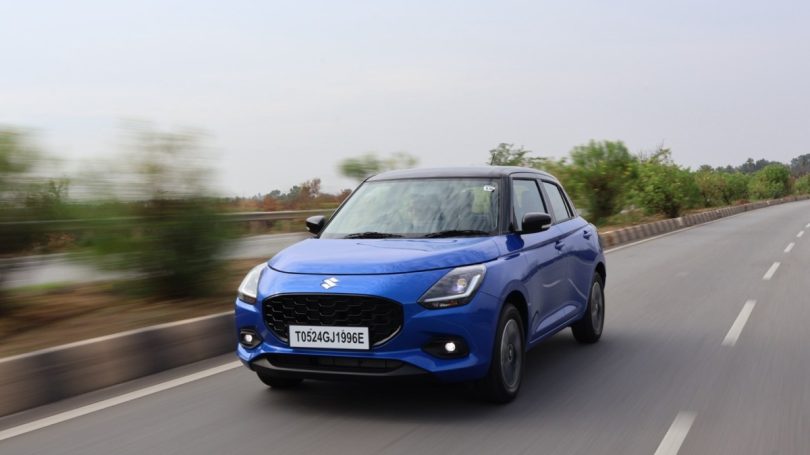In a significant move, Suzuki Motor Corporation (SMC) has announced its decision to cease vehicle production in Thailand by the end of 2025. This decision is part of a broader strategy to realign its production capabilities and focus on the electric vehicle (EV) market.
Thailand Plant Closure
The closure of the Thai plant, which has been operational since 2012, comes in the wake of declining sales in the local market and Suzuki’s global push towards carbon neutrality and electrification. The plant, which once boasted an annual production capacity of 60,000 units, saw a sharp decline in domestic sales to 10,807 units in the fiscal year 2023-24 and limited exports of just 1,272 units.

As Suzuki redirects its resources to the production of electric and hybrid vehicles, the company has revealed plans to import Completely Built Units (CBUs) from other production facilities within the ASEAN region, Japan, and notably, India. This strategic pivot not only ensures a continued supply of vehicles to the Thai market but also positions India as a pivotal player in Suzuki’s global operations.
India to play a Strategic Role
India’s role in Suzuki’s global strategy is set to expand significantly. The country is expected to fill the production gap left by the Thai plant’s closure, exporting popular models like the Swift, Celerio, and Ciaz to Thailand. This move is poised to bolster India’s status as a global manufacturing hub for Suzuki and is anticipated to generate valuable foreign exchange.
The shift in production to India aligns with both countries’ environmental goals and Suzuki’s commitment to electrification. It also highlights India’s growing importance within Suzuki’s global operations and presents an exciting opportunity for the Indian automotive industry.
Suzuki’s decision to import vehicles from India to Thailand is a testament to the company’s adaptive strategy in the face of evolving market demands and environmental considerations. As the automotive landscape continues to shift towards sustainable practices, Suzuki’s realignment of its production network serves as a model for other industry players looking to navigate the transition to a greener future.
For India, this development marks a significant milestone, potentially increasing its exports and reinforcing its position as a key player in the international automotive market. As Suzuki continues to innovate and adapt, the world watches with keen interest to see how this strategic decision will shape the future of the automotive industry in Asia and beyond.
Also Read: Suzuki eWX EV coming to India? Patent filed


